Imagine a student and it’s all too easy to picture a sullen teenager slumped under a hoodie at the back of a lecture theatre, or downing a pint of cider and black at the union bar.
For many enterprising students at universities in the north and north-east, that stereotype couldn’t be further from the truth. All three of the region’s universities are providing help to students who want to start their own businesses, along with support from nationwide services too.
Social responsibility and global issues driving budding entrepreneurs
Chris Moule, head of entrepreneurship and innovation at Robert Gordon University (RGU) in Aberdeen, said: “Over recent years we have experienced an emerging trend towards purpose-driven business ideas.
“Gen Z students are prioritising creating social ventures, due to their strong sense of social responsibility and a desire to address global issues like climate change and poverty.
“They have grown up in a complex and uncertain world, and witnessed environmental challenges, inequality and social injustices. They value purpose and meaningful work, seeking fulfilment beyond financial gain.
“The focus on ‘more-than profit’ leans well into the alignment with the United Nations’ sustainable development goals, which provide a lens through which students can explore innovations and ideas that can have a positive impact on society.”
This focus on the environment and sustainability has also been noticed by Heather May Morgan, dean for enterprise and innovation at Aberdeen University.
Ms Morgan said: “Unsurprisingly, many students focus on business ideas that will improve the lives of students. However, the other strong focus is on planning start-ups that have a focus on sustainability, the environment, conservation and social responsibility.
From tackling climate change to reducing food waste, today’s young self starters want to change the world
“Recent examples include businesses centred around net-zero goals, climate change mitigation, fighting food waste and sustainable agriculture.
“Healthcare is another area of interest, often driven by the student’s personal experiences.
“There is also a strong interest in developing businesses based on or using artificial intelligence in technology-based start-ups.”
University of the Highlands and Islands (UHI) knowledge exchange officer Darlene Russell said: “Many students are inspired by challenges and opportunities they see in their local communities.
“Common themes include sustainable products and services, health innovations, mobile services such as hairdressing and car mechanics, business that enable selling of craft and handmade items, places to eat, and social areas where people can meet up for gaming and other activities.”
The pursuit of creative and sustainable ideas that will help Scotland to deliver net-zero has been a growing trend.”
Claudia Cavalluzzo, Converge
At a national level, expertise in the north and north-east has also been recognised by Converge, which helps students, staff and graduates from Scotland’s universities and research institutions to turn their ideas into businesses.
Converge executive director Claudia Cavalluzzo said: “The north-east has a strong history of pioneering research and technologies related to Scotland’s energy and life sciences sectors.
“These have been prevalent themes in many of the applications we’ve seen from entrepreneurs across the region’s universities.
“In particular, the pursuit of creative and sustainable ideas that will help Scotland to deliver net-zero has been a growing trend and one we expect to continue across the country.”
This year’s Converge Challenge focused on business ideas with high commercial potential and scalability.
It was won by UHI’s Georgina Robinson, who is tackling agricultural waste by upcycling it into high-value marine worm feed, helping meet net-zero targets, while growing Scotland’s aquaculture sector.
Six years ago RGU set up its entrepreneurship and innovation group (EIG), a team to stimulate entrepreneurship among students, graduates, and the wider region. EIG’s start-up accelerator has helped more than 218 entrepreneurs launch 120 companies since 2018.
Mr Moule said: “Teams accepted onto the programme get a five-month development plan, seed funding, mentoring, access to co-working space, and the opportunity to pitch at a showcase event in May and win prize money.”
Similarly, Aberdeen University runs its ABVentures programme to support budding entrepreneurs.
Ms Morgan said: “For many students, this starts during their studies when we provide in-house workshops on innovative thinking and entrepreneurship.
“For students who want to further explore the idea of starting a business, or who have an entrepreneurial spirit, we also offer our monthly Start Here breakfasts, so they can network with other entrepreneurially-minded students, and with the university’s entrepreneurs in residence, as well as representatives from a range of organisations that support entrepreneurship and start-up businesses in the region.”
Start-up grants for students
UHI runs a student enterprise contest, as well as a wider business competition which is open to anyone over the age of 16 in the Highlands and Islands, Moray, Argyll, and Perthshire.
Its ideas for the future include incubator centres on UHI campuses and start-up grants for students.
But, while the region’s universities are working hard to support students, there’s no room for Scotland to rest on its laurels.
Ms Cavalluzzo said: “Recent research from Global Entrepreneurship Monitor suggests a drop in youth entrepreneurship and reduction in interest in entrepreneurship as a career option in Scotland.
“We need to normalise being entrepreneurial and make it a viable, exciting career prospect for innovative people with great ideas – in particular, more early-stage, pre-seed capital needs to be made readily available.
“We also need Scotland’s ecosystem of business incubators and accelerators to come together to work more collaboratively, and ensure paths for growth are better signposted and more accessible.”
Mr Moule added: “The Scottish Government’s recent publication of the entrepreneurial campus blueprint maps out a number of recommendations for higher education institutes that will enable them to focus their efforts and resources.
“If we want more successful start-ups, we need to widen the funnel at both ends to get more inspired students developing ideas and having the confidence to take them forward.
“That means we need to start the creativity process at an earlier stage, in primary schools, as well as reach those populations that are under-represented and feel disenfranchised due to the language and structures that have been put in place.”
These groups include, for example, mothers, those working in the creative industries, and mature students looking for a career change, he said, adding: “Entrepreneurship is for everyone.
“It’s a mindset, and so the narrative must be to ensure it is inclusive and democratised.
“Some of the best entrepreneurial talent comes from fields such as architecture, pharmacy and law. They need uncovered and nurtured.
“Everyone needs to speak the same common language to feel collectively inspired and connected.”
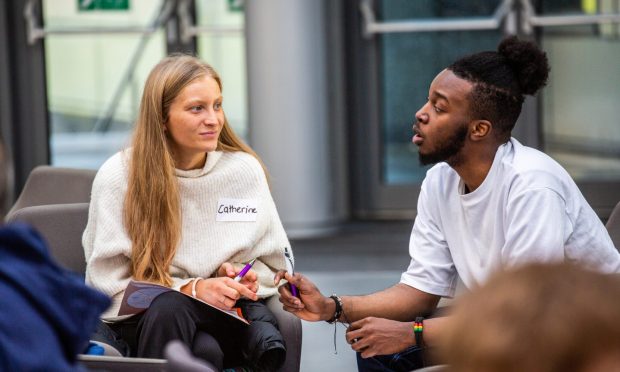
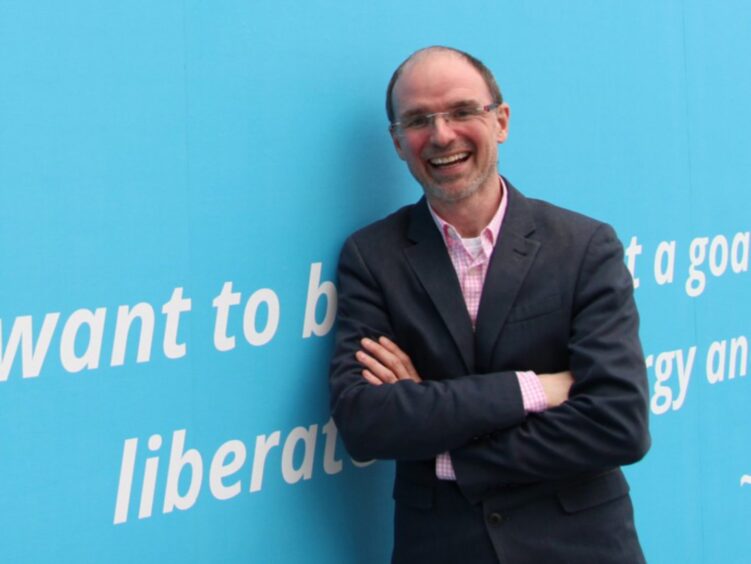

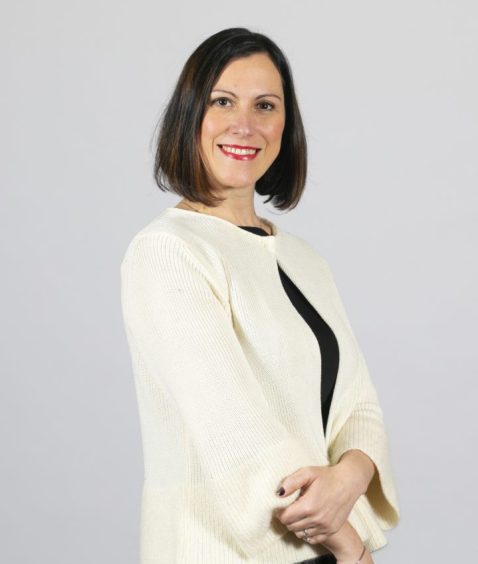
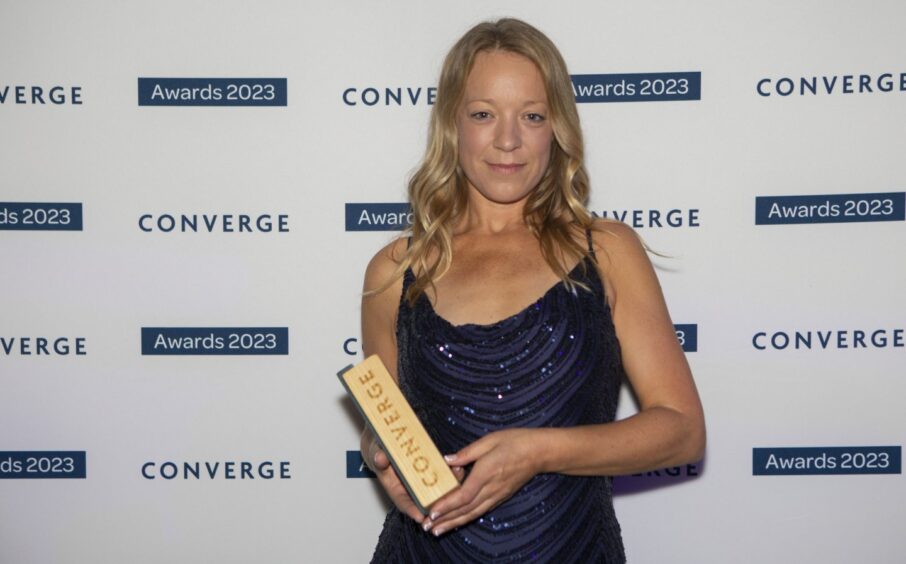
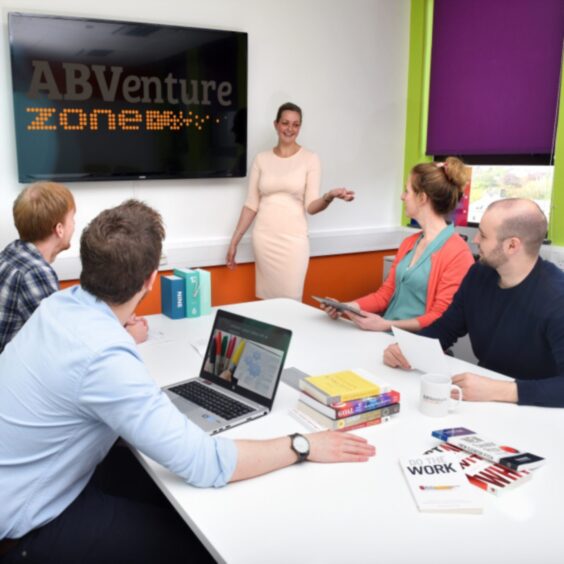
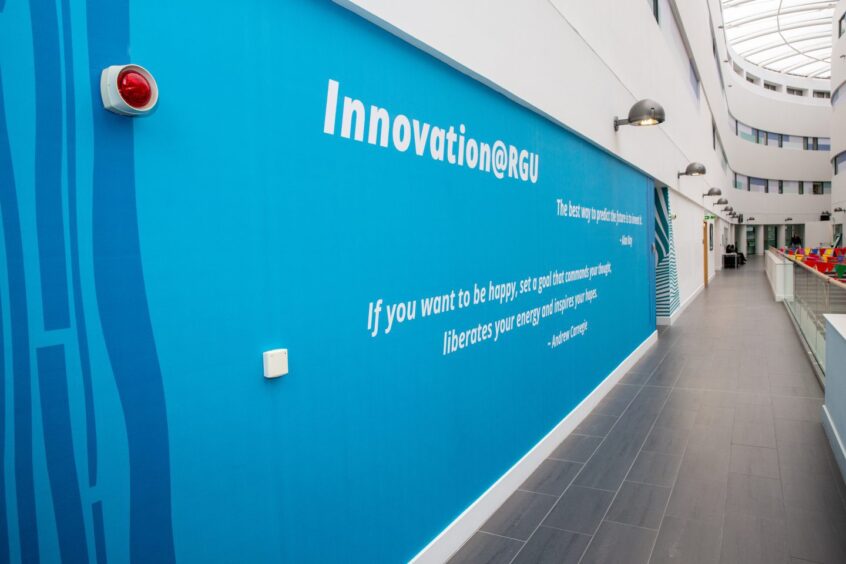

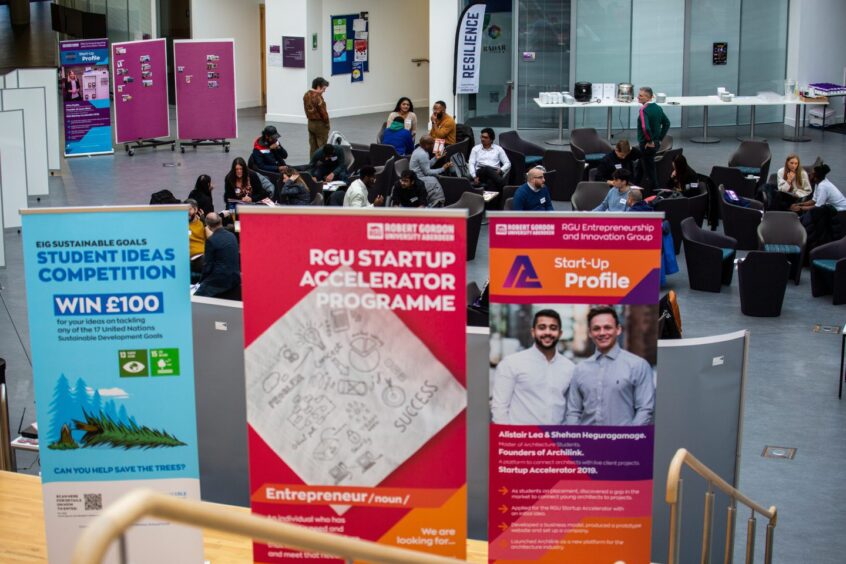
Conversation